Posts
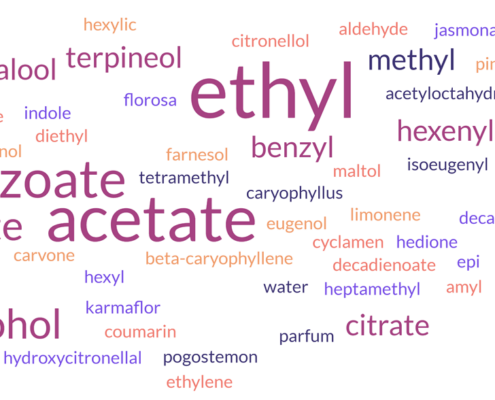
Why are there components with chemical names even in natural perfumes?
"Chemical-sounding" names often indicate you're getting actual natural extracts broken down to their molecular components. On the contrary, vague terms like "parfum" or "fragrance" can conceal what's really inside!
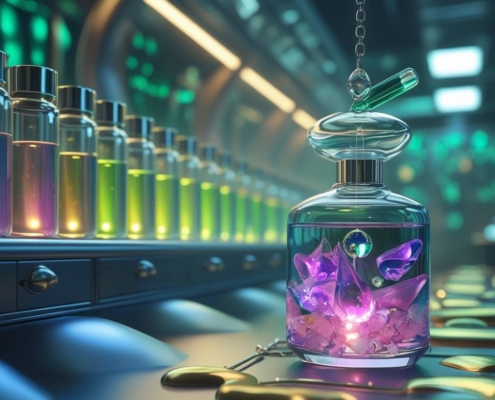
Biodegradability of Synthetic vs. Natural Perfumes: Understanding the Environmental Impact
The Persistence Paradox: The irony lies in the fact that the same molecular stability that makes synthetic fragrances appealing to perfumers—their resistance to oxidation, heat, and chemical breakdown—also makes them resistant to biodegradation.…

Aldehydes in Perfume: Are They Harming Your Health?
Are the aldehydes in your favorite perfume harming your health? This controversial topic has been the subject of much debate. Aldehydes are a group of organic compounds commonly used in perfumes to add a unique and long-lasting scent. However,…
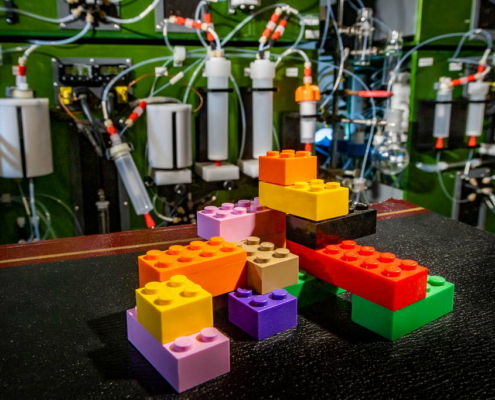
Are There Perfumes Without Chemicals?
Chemicals can be naturally occurring or man-made. We will need to differentiate between man-made synthetic chemicals, that are found to be toxic and harmful, and those yielded from natural origins, that are found to be environment friendly, as well as beneficial for human well-being.

The Rarest and Most Precious Perfume Ingredients in the World
Have you ever wondered why some perfumes command such high prices while others are more affordable? While it's easy to assume that expensive fragrances are made with luxurious or high-quality raw materials, the reality is more nuanced. The…
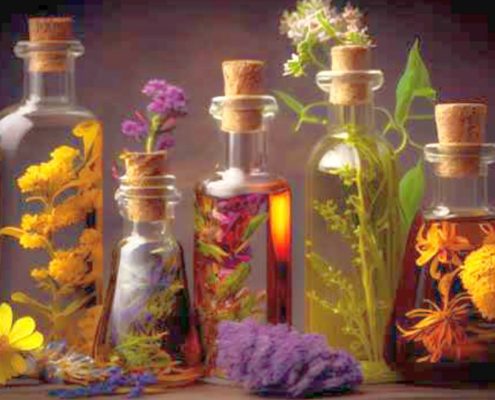
The Antiseptic and Antibacterial Properties of Essential Oils: Nature’s Potent Healers
In a world increasingly leaning towards natural and holistic approaches to health, essential oils stand out for their remarkable therapeutic benefits. These concentrated plant extracts, known for their aromatic qualities, have been used for…
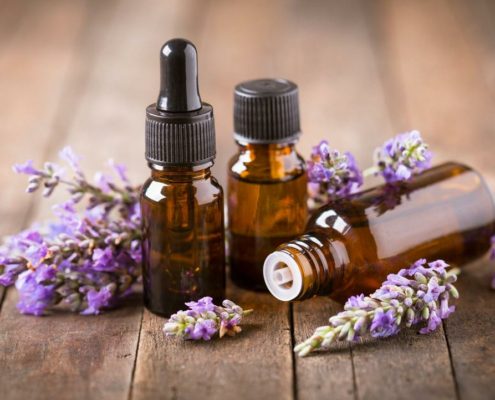
Essential Oils for Flu
Getting the flu or its symptoms every so often isn’t uncommon, particularly during seasonal changes. Flu viruses are continuously evolving, making it harder to treat them at home, and sometimes could be life-threatening. The use of essential…
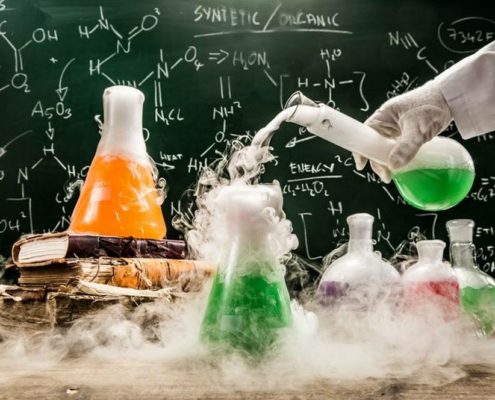
Side Effects of Chemical Perfumes
Perfumes have historically been used for distinctive pleasant smells that make us feel relaxed and rejuvenated. But the side effects of chemical perfumes have become a major concern nowadays since the vast majority of perfumes are made from hazardous chemicals. Therefore, they are found to be associated with various health complications ranging from asthma to skin allergies to even cancer.

Leathery Perfumes
In perfumery, there is no leather essential oil or a natural essence of leather. Perfumers compose a leather accord using various materials such as castoreum, birch tar, juniper, oud, labdanum, styrax, tobacco, benzoin, or, unfortunately, other man-made synthetic molecules like aldehydes to impart a leather-like scent to perfumes.
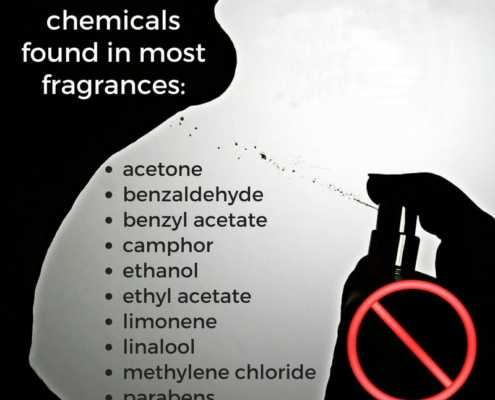
Toxic Chemicals in Perfumes
The sense of smell is closely linked to our feelings and emotions. A specific perfume may remind you of your best moment in life, or the scent of warm yummy spices may remind your feeling with your favorite holiday baking. If you ask your…
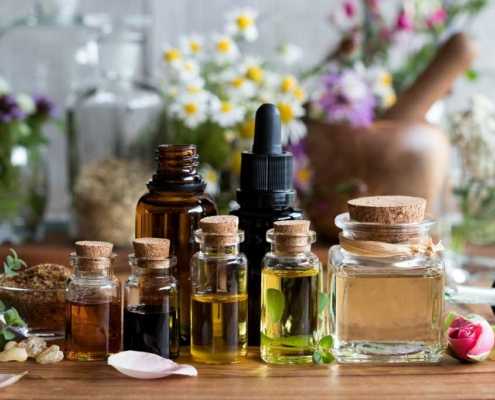
Antibacterial Essential Oils
The concept of using essential oils to combat infections isn’t anything new. Besides, modern studies found that certain essential oils can effectively kill micro-organisms including bacteria, viruses, and fungi without becoming resistant, making these essential oils great antimicrobial resources in modern medical science.
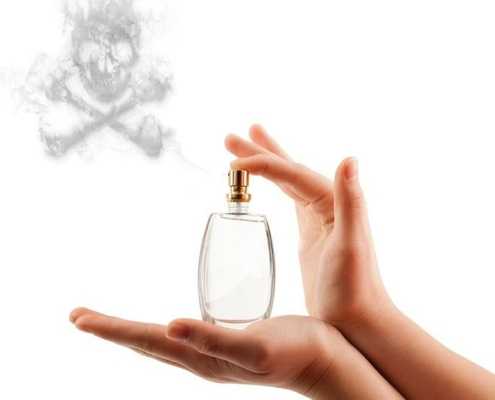
Non-Toxic Perfumes
A non-toxic perfume is simply a perfume that is free from any toxic ingredients such as synthetic alcohol, aroma chemicals that may harm you. Non-toxic perfumes are typically made from natural ingredients using only aromatic materials that are directly extracted from natural flora and fauna.

How to make natural perfumes
How to make natural perfumes
"Making perfumes is easy", says Guy Robert to his colleagues at the prestigious British Society of Perfumers, link He details with humourism the different ways in which a perfume comes into being. A genesis of…

Correcting commercial fragrances with animal pheromones
The kit of the practical Phero-researcher
From a research made with Basenoters with Hyraceum, Castoreum., Civet musk and Honey bee’s wax
Eule:
Bal a Versailles – This scent defies classification for me. Powdery, musky, animalic,…











